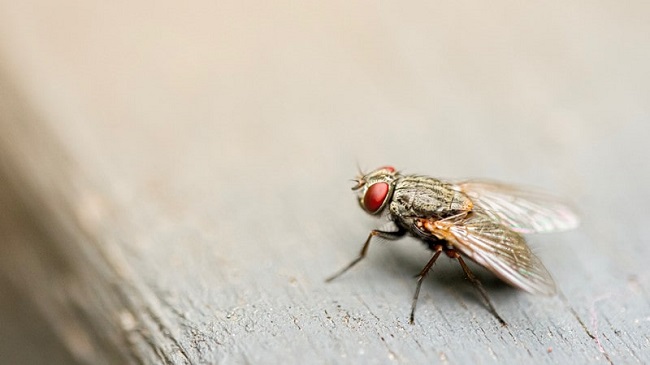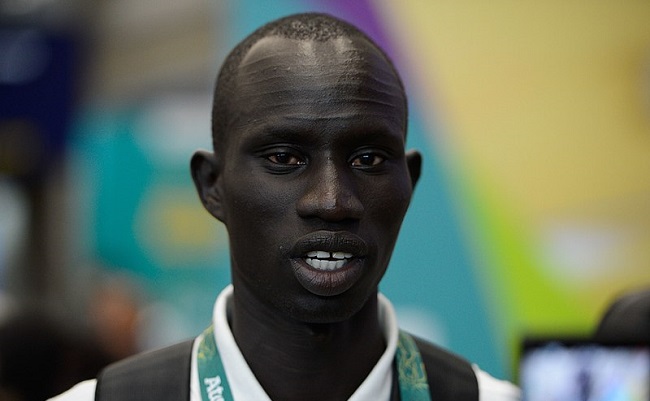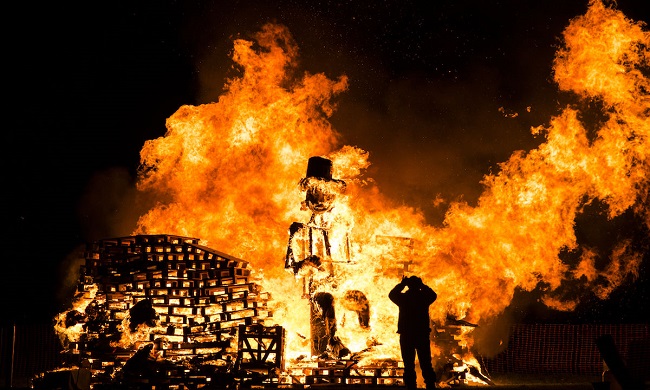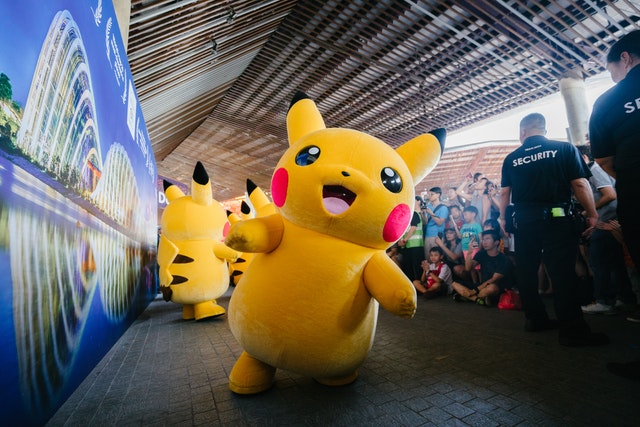Most flies, except mosquitoes, are active throughout the day. They can only be guided by polarised light. At night, they go to sleep yet are awake during the day.
Flies are cold-blooded, which means that their body temperature matches that of their environment. Low temperatures are not favourable for the growth or development of most flies.

Because the nighttime temperature is so low, they become sluggish and sluggish. Most people’s bodies go into a latent state when it’s below freezing, which causes their functions to decrease dramatically.
Until the sun rises again, they land and rest. It is possible to relax in a variety of places: under leaves and grass; on tree trunks; in the corners of rooms; and so on.
Read Also:
- Why These Beautiful Spotted Lanternflies Must Die
- Hilaria Baldwin and the Strange Allure of Celebrity Fertility
Flies are Adaptable
They are truly adaptable in terms of where they choose to rest their heads. There are around 120,000 different species of fly in the globe.
Among the many types of flies that are frequently referred to as flies are mosquitoes, horseflies, dragonflies, fruit flies, gnats, midges, and many more.
Yes, flies do fly, and they spend their days searching for food in both the summer and the winter months.
Flies, like humans, take short naps during the day to avoid the sweltering heat of the afternoons.
Adult flies spend the day buzzing around and sleep soundly at night, despite being active during the day. Adult flies do not sleep as much as young flies.
Where do Flies Sleep
Flies will be searching for a spot to rest and sleep at the end of the day. Flies, of course, prefer to sleep in a location free of predators.
Flies, on the other hand, may find a place to rest just about everywhere, from under grasses and leaves to the bark of trees. If you find them inside your house, they may seek cover on your drapes, walls, or flooring.
Flies will rest wherever they can find a place to land and relax. Because of this, you can count on these flies to sleep well till the break of day.
Similarly, flies are nocturnal solitary creatures. This species doesn’t live in a colony and doesn’t require a nest or any other kind of sleeping arrangement to get by.
Read Also:
Conclusion
The more nocturnal flies, such as mosquitoes, can stay awake all night long in search of blood to eat. Mosquitoes can see in the dark because of their very sensitive antennae and eyes.
Their night vision enables them to bother you while you sleep. Most flies, on the other hand, don’t fly at night and are fast asleep.


















































